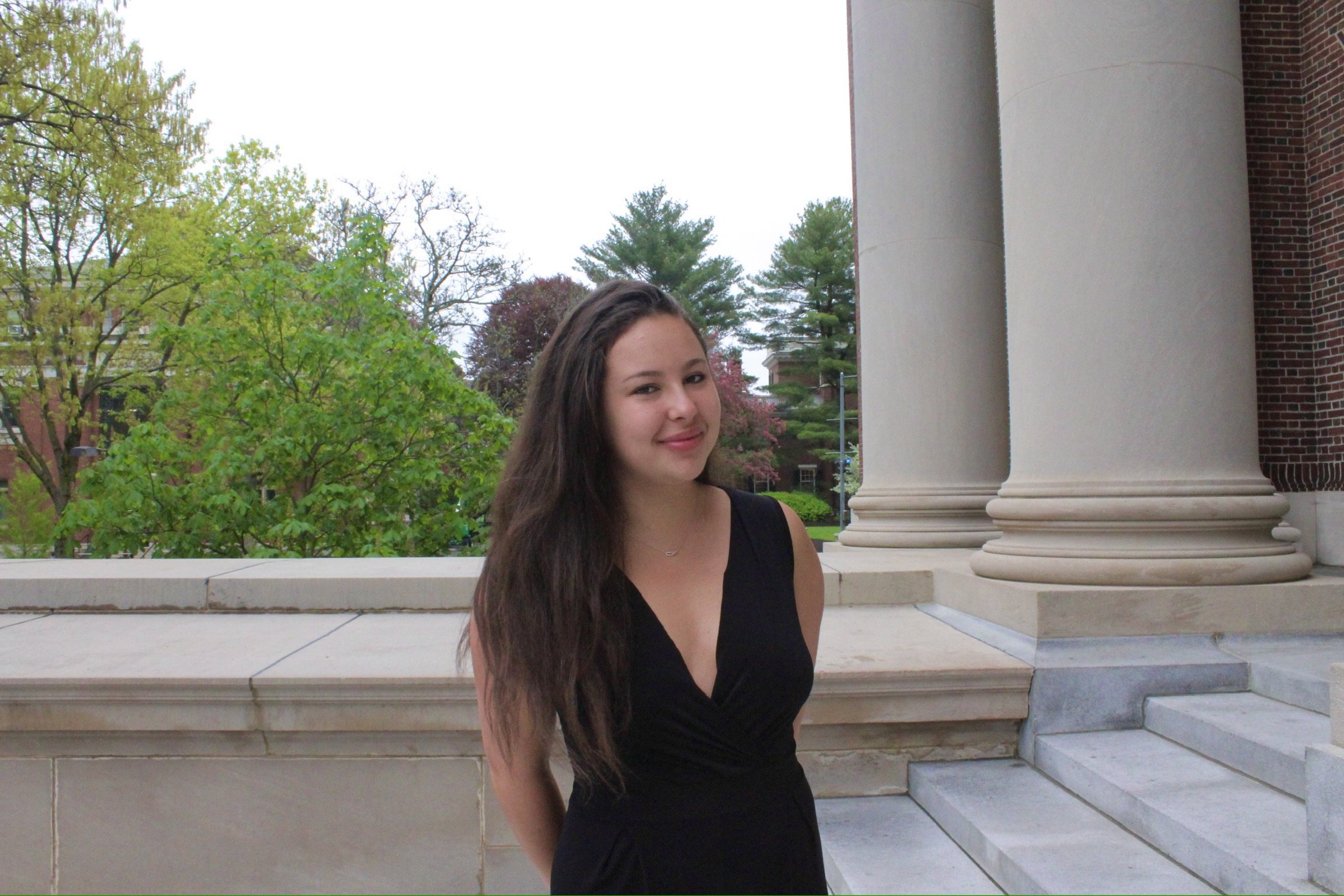ISABELLA RASKIN CALVO
Isabella Raskin Calvo se encuentra en su segundo año en Harvard, donde estudia física y química. Nació en Querétaro, México, pero vivió en España desde 2016, hasta que se mudó a Boston en 2024 para comenzar sus estudios universitarios. Empezó MUN en la prepa y ha continuado durante su tiempo en Harvard, formando parte de ICMUN (el equipo competitivo de MUN), HNMUN y HMUN.
Aparte de MUN, está involucrada en CBE (uno de los clubes de consultoría de Harvard), hace voluntariado en PBHA y colabora con el periódico HIR. En su tiempo libre, le gusta leer, ver películas (comedias románticas, de acción, Harry Potter) y pasear con amigos. También le encanta viajar, y está muy emocionada de conocer Panamá en HNMUN-LA, donde espera compartir con ustedes su pasión por la ONU a través de esta conferencia.
Topic: Transformando la Vivienda en América Latina: Un Enfoque Multidimensional para la Construcción Sostenible
En este comité se debatirá la sostenibilidad de la vivienda en América Latina desde una perspectiva integral que considere dimensiones sociales, económicas, ambientales y urbanas. El comité reunirá a una amplia diversidad de líderes de la región, incluidos representantes de metrópolis, megaciudades y ciudades en vías de desarrollo de distintos países latinoamericanos. Como delegados que representan estos contextos urbanos, su labor se estructurará en dos ejes complementarios.
Por un lado, los delegados deberán diseñar estrategias locales de vivienda sostenible, adaptadas a las características específicas de sus ciudades, considerando factores como el crecimiento urbano acelerado, la informalidad habitacional, el acceso a servicios básicos, la resiliencia climática y la equidad social. Por otro lado, trabajarán de manera colaborativa para desarrollar un marco regional que promueva modelos de construcción y políticas de vivienda sostenibles en toda América Latina, integrando las realidades diversas de los distintos tipos de áreas urbanas.
Para sobresalir en este comité, se espera que los delegados colaboren activamente entre los distintos tipos de representantes, negociando con respeto para presentar propuestas innovadoras, inclusivas y viables. El objetivo final será proponer y acordar un conjunto de lineamientos y regulaciones que fomenten un desarrollo habitacional más sostenible, accesible y resiliente, teniendo en cuenta los contextos sociales, económicos, ambientales y tecnológicos propios de América Latina.


